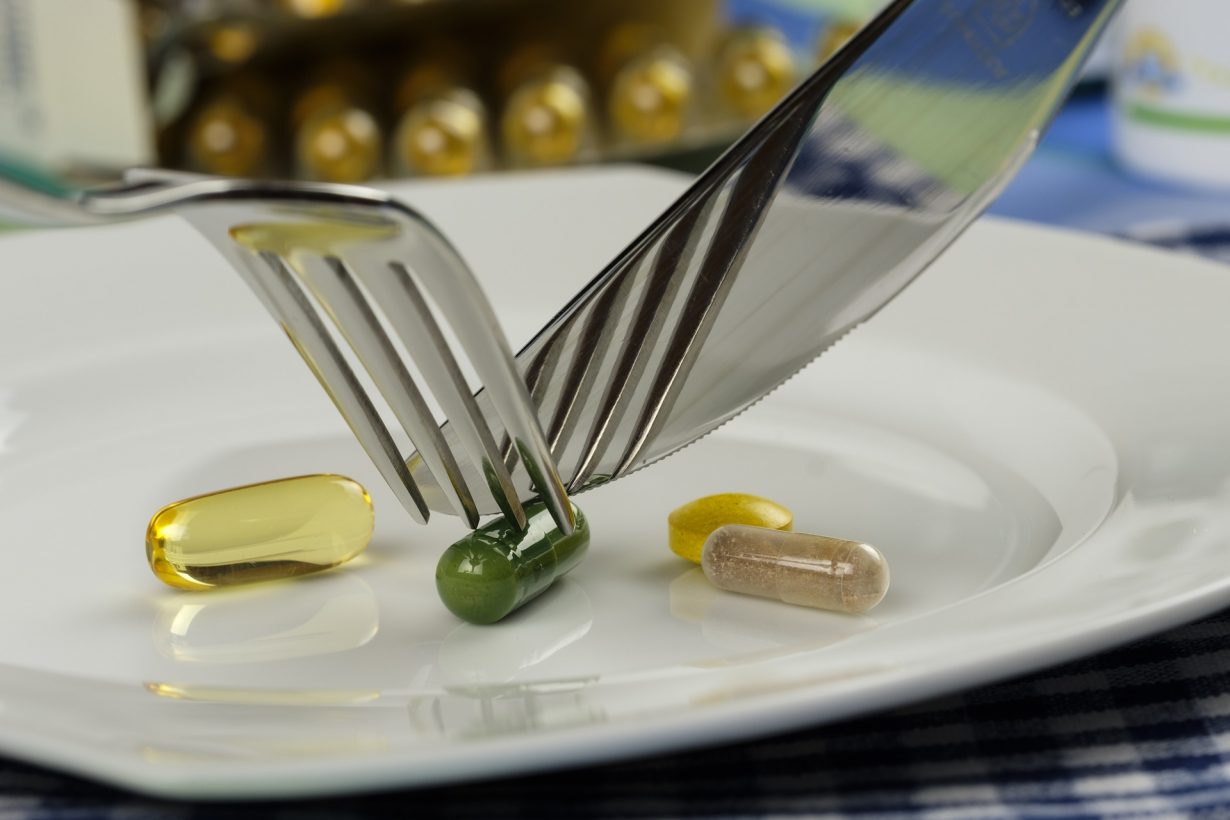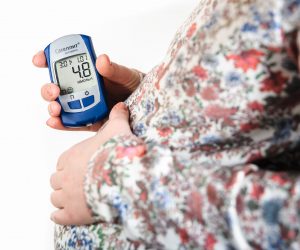
How Much Do Vitamin D Supplements Affect Lifespan?
Michael Greger M.D. FACLM via Nutrition Facts – Researchers have documented correlations between higher vitamin D levels and all sorts of positive outcomes like decreases in cardiovascular disease, weight gain, infectious diseases, and declining cognitive function…
In 1822, a Polish physician was the first to publish that sunlight could cure the vitamin D deficiency disease rickets. His work was ignored by mainstream medicine for a century, not coming into widespread use until the 20th century, when wire cages were actually affixed to tenement buildings so babies could benefit from the sun. In my video Will You Live Longer If You Take Vitamin D Supplements?, I explore whether we’re in a similar situation now, where the medical profession has just not caught up with the science.
Researchers have documented correlations between higher vitamin D levels and all sorts of positive outcomes like decreases in cardiovascular disease, weight gain, infectious diseases, and declining cognitive function, and even tested whether vitamin D supplementation might reduce the adverse effects of earthquakes. It seems to help with everything else, so why not? It’s actually not as silly as it sounds because traumatic events like natural disasters can have a significant psychological impact that might be affected by vitamin D status.
But when researchers put supplements to the test, the purported links often didn’t pan out. This lack of effect may exist in part because low vitamin D levels may just be a marker for things like aging, obesity, smoking, and inactivity. Or, maybe low vitamin D didn’t lead to disease, but disease led to low vitamin D, because inflammation can drop D levels within the body. So, just because low D levels and disease seem to be correlated, it doesn’t mean that vitamin D deficiency is the cause.
While the majority of observational studies may show a link, where you simply measure vitamin D levels and disease rates, in only a handful of conditions have interventional studies—where you give people D supplements or placebos then see what happens—proven vitamin D to be effective. One of the conditions for which vitamin D supplements appear to genuinely work, however, is helping to prevent premature death.
Fifty-six randomized clinical trials involving nearly 100,000 people (mostly women) between the ages of 18 and 107 were randomized to four years of vitamin D supplements or sugar pills. Putting all the studies together showed those given vitamin D supplements lived longer and specifically had a lower risk of dying from cancer. This effect appeared limited to vitamin D3, though, which is the type derived from plants and animals, not vitamin D2, which is the type derived from yeast and mushrooms.
How large an effect was it? It would take 150 people taking vitamin D supplements for five years to save one life. If we were talking about a drug, we’d need to weigh that against the cost and side effects of dosing so many people. But when we’re talking about something as safe and cheap as vitamin D supplements, it seems like a bargain to me. A similar analysis pegged the benefit at 11 percent in terms of reduction of total mortality, which is pretty substantial, potentially offering a life extension benefit on par with exercise. Though, no, it does not seem to reduce the adverse impacts of earthquakes.
The only concern is that it may give people license to order an extra doughnut or something. We still have to eat healthfully because any longevity benefit from vitamin D would just be a small adjunct to a healthy lifestyle. But, for those of us who want all the help we can get, the question then becomes how much should we take? I address that in my videos How Much Vitamin D Should You Take? and The Optimal Dose of Vitamin D Based on Natural Levels.
This article has been modified. To read the original article click here.
For more articles by Dr. Greger click here.






